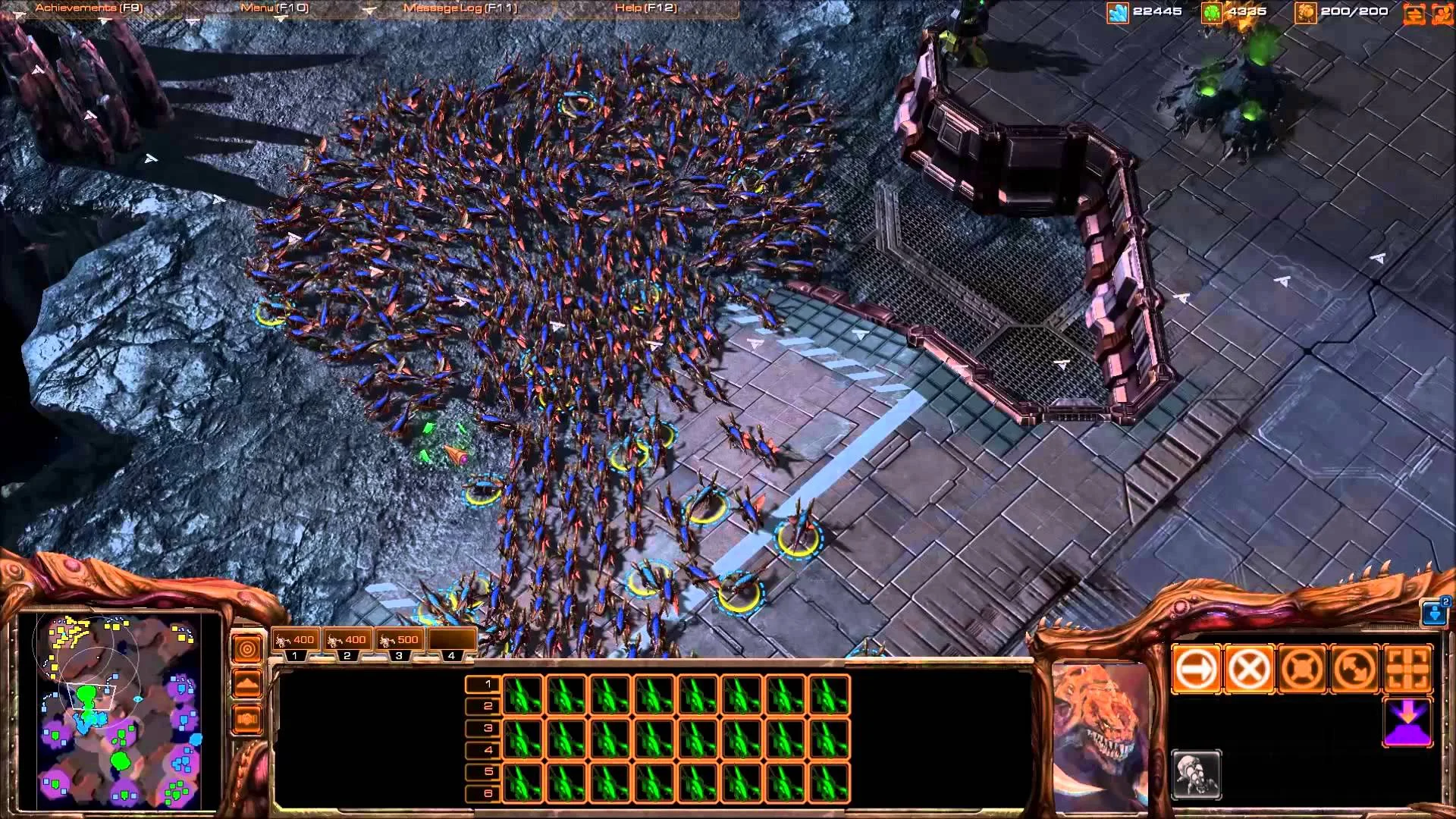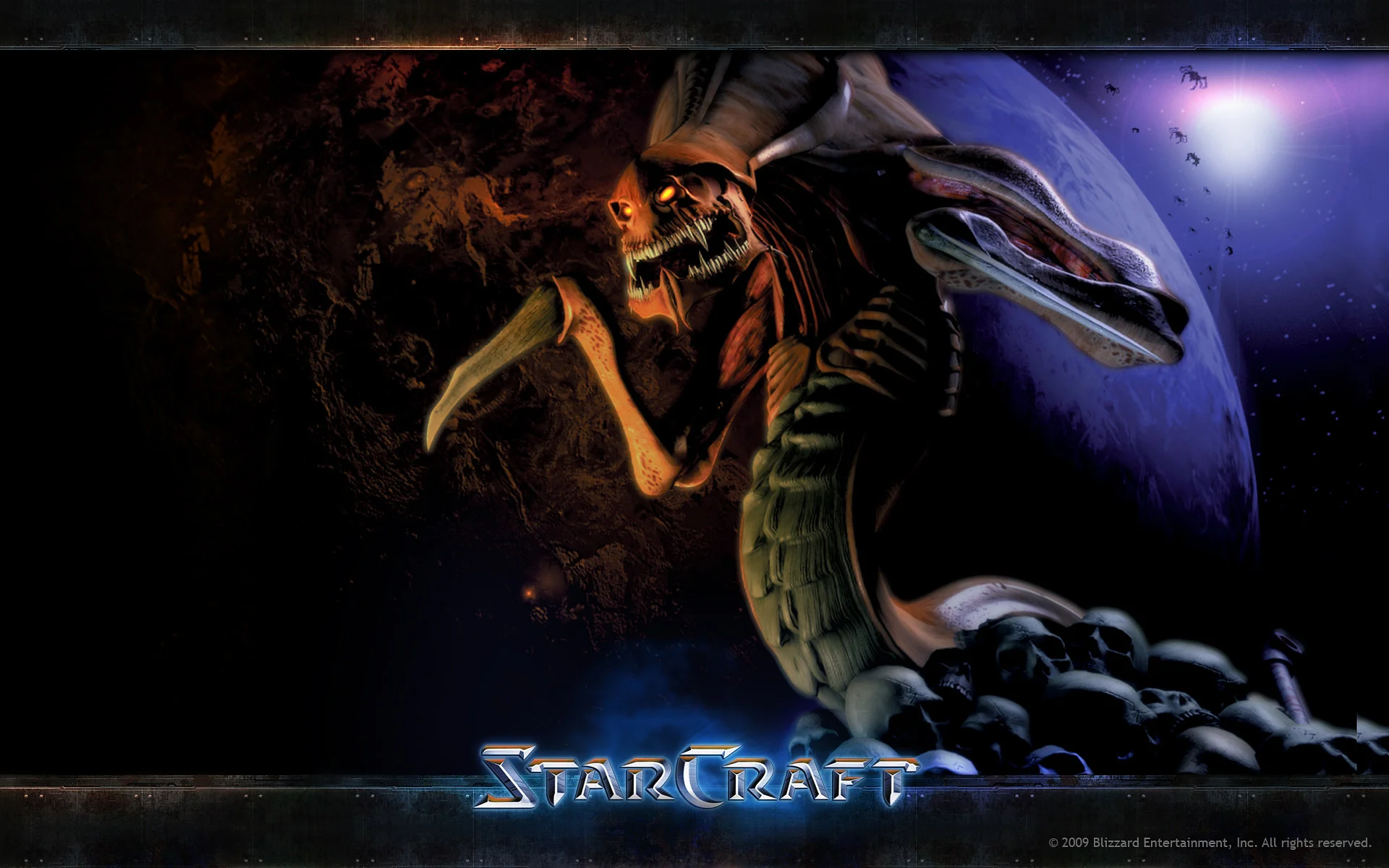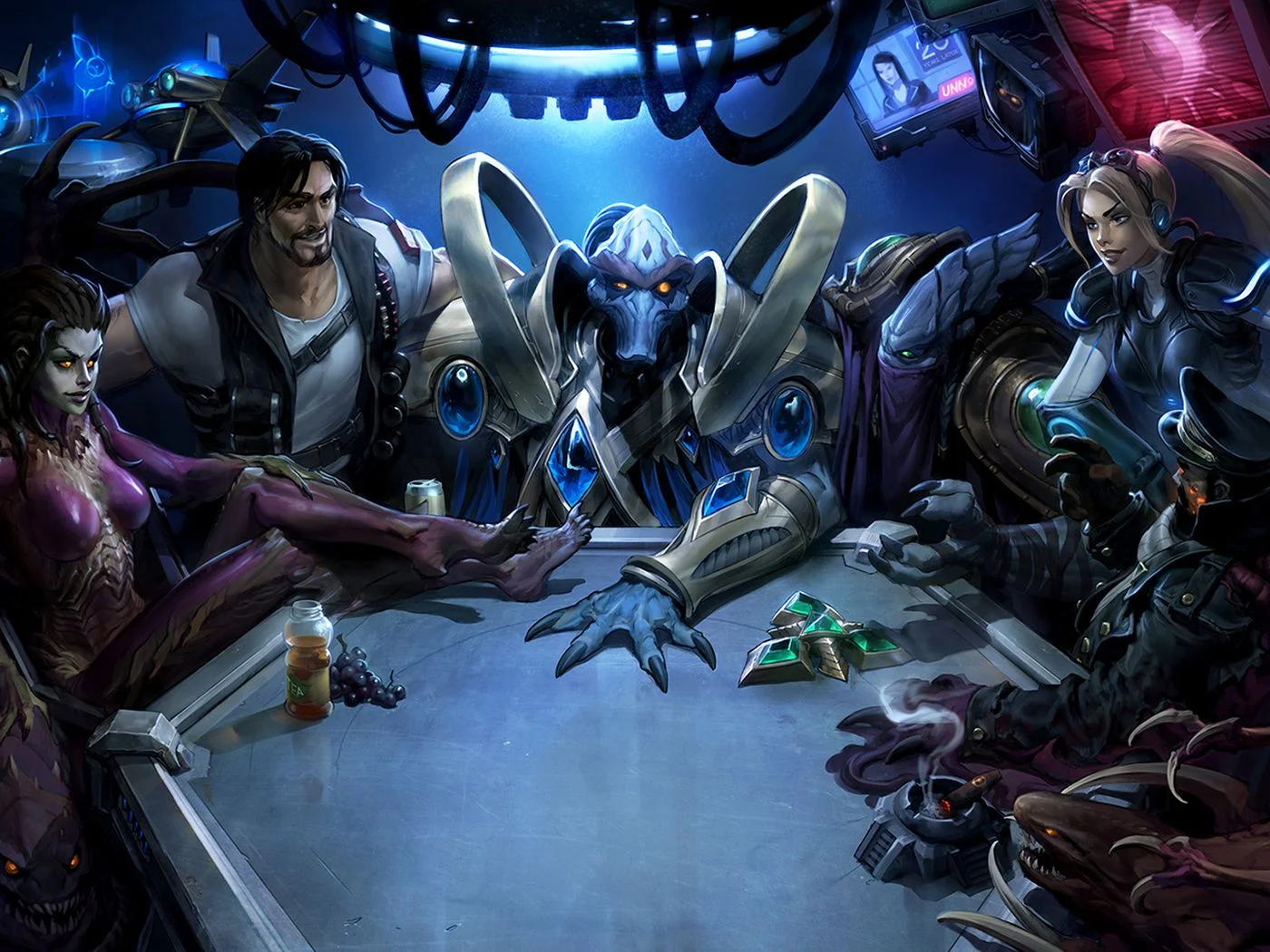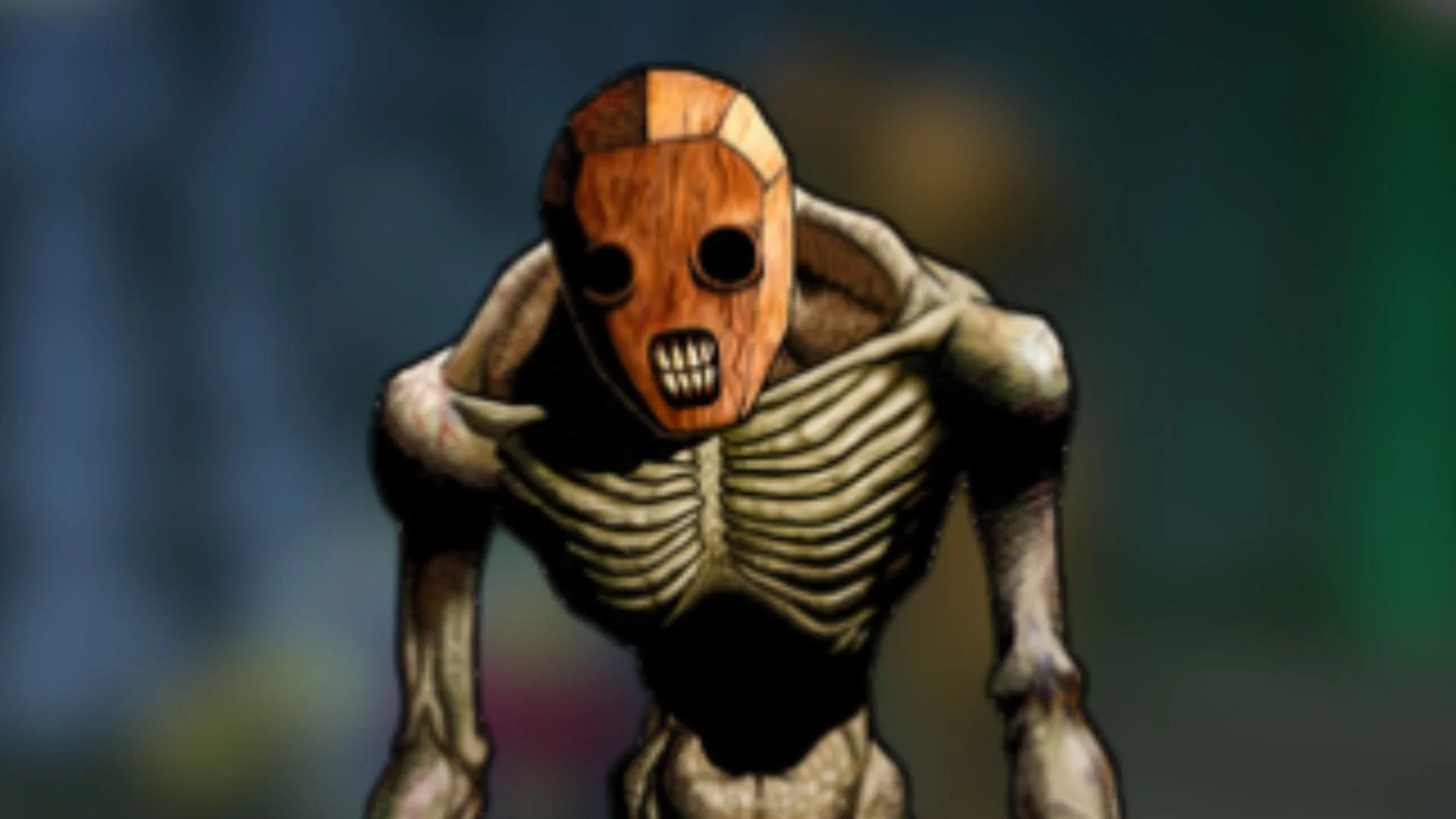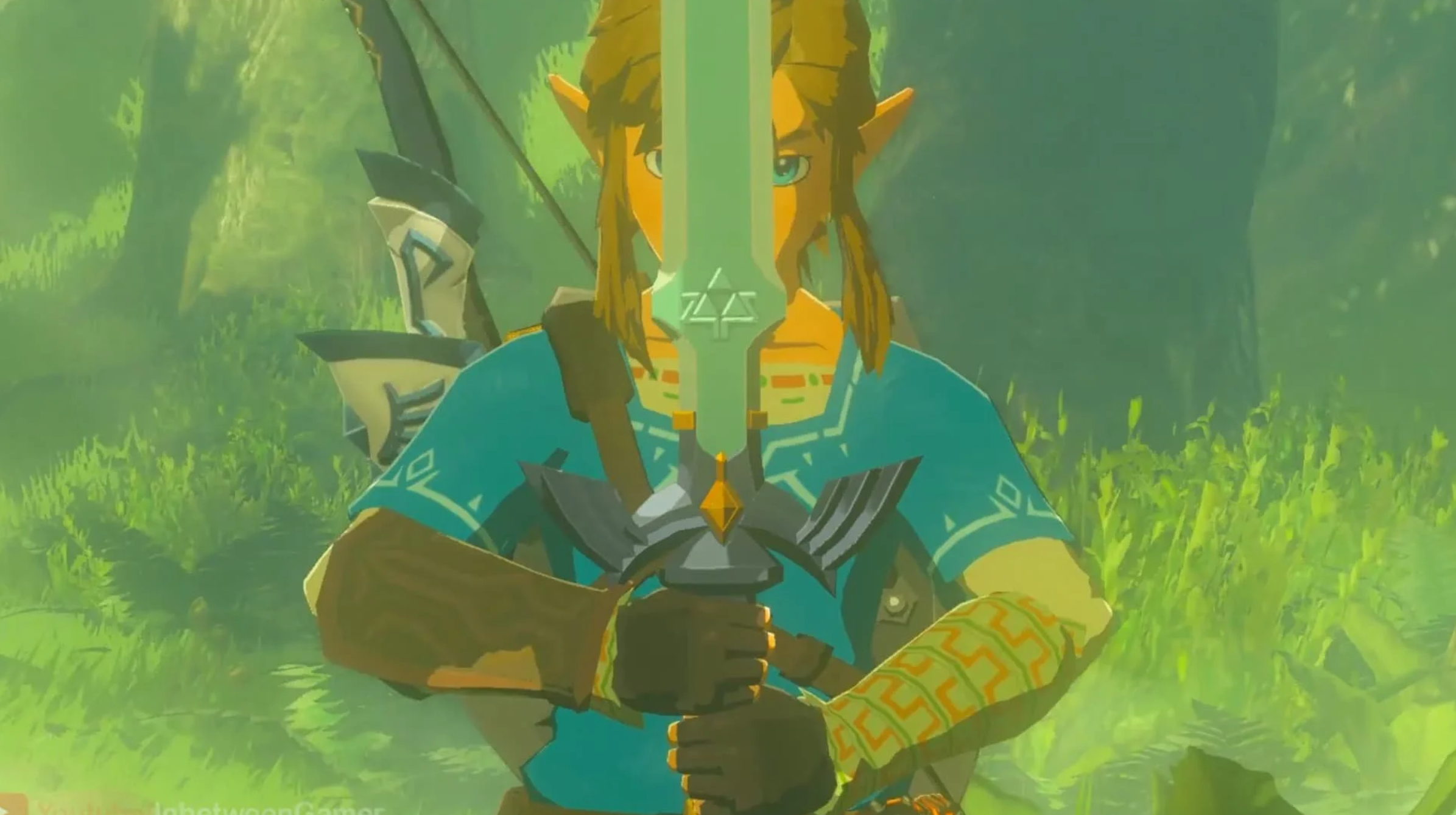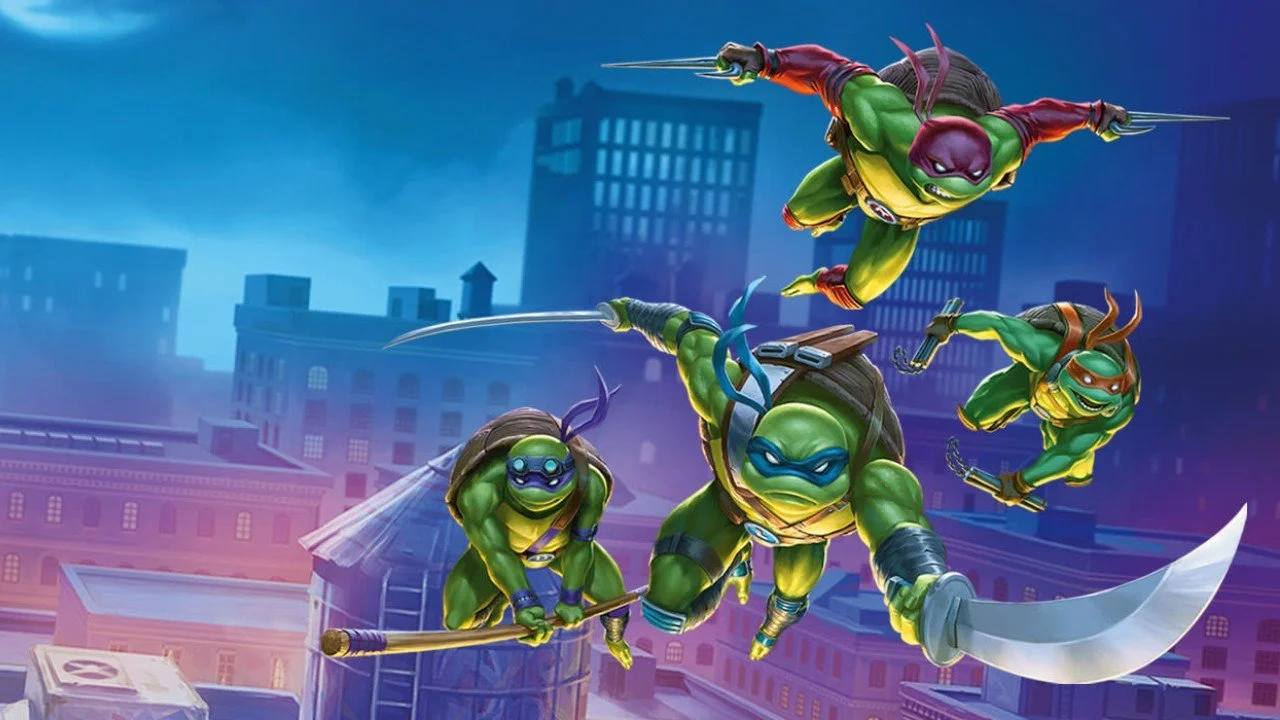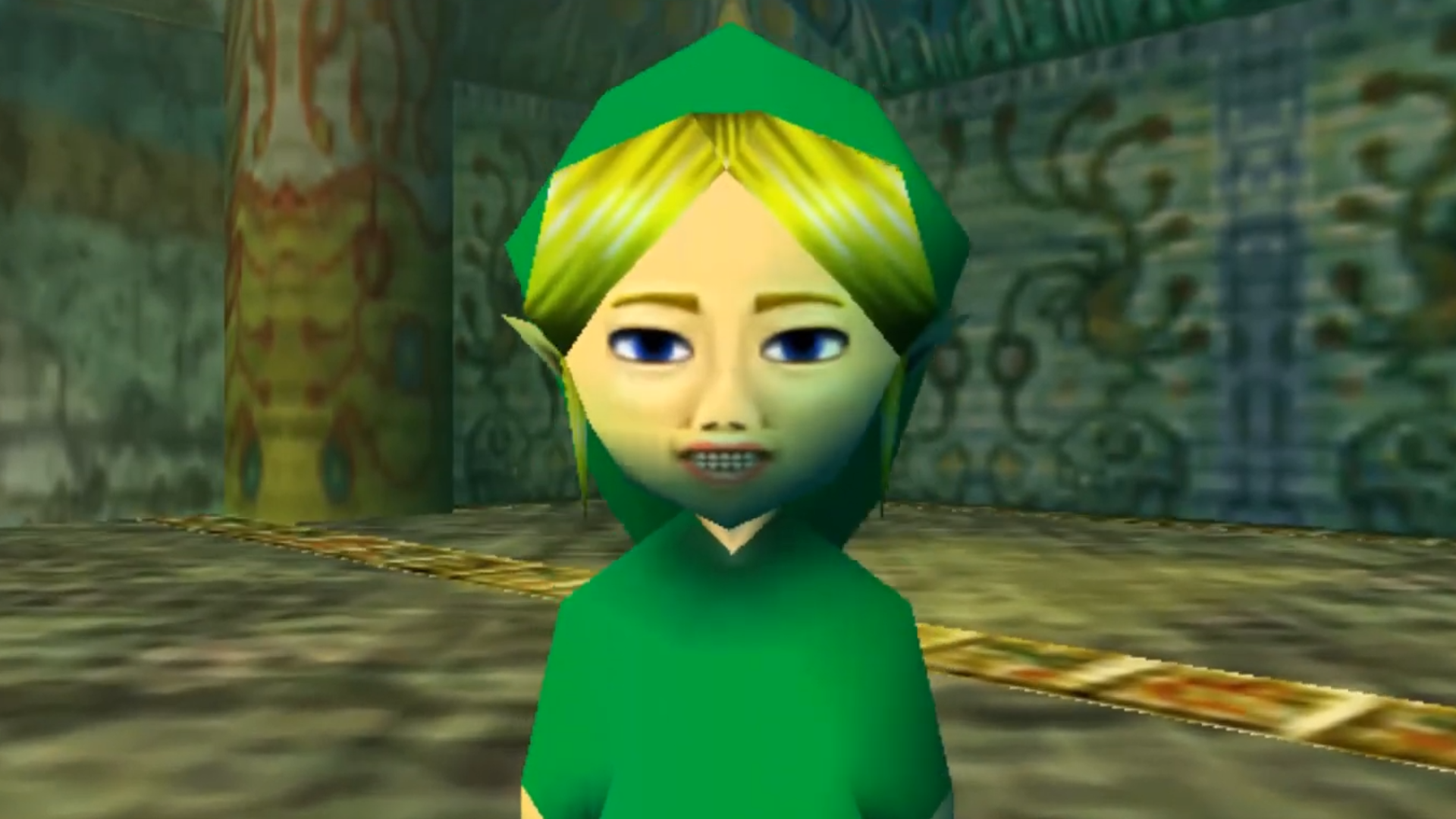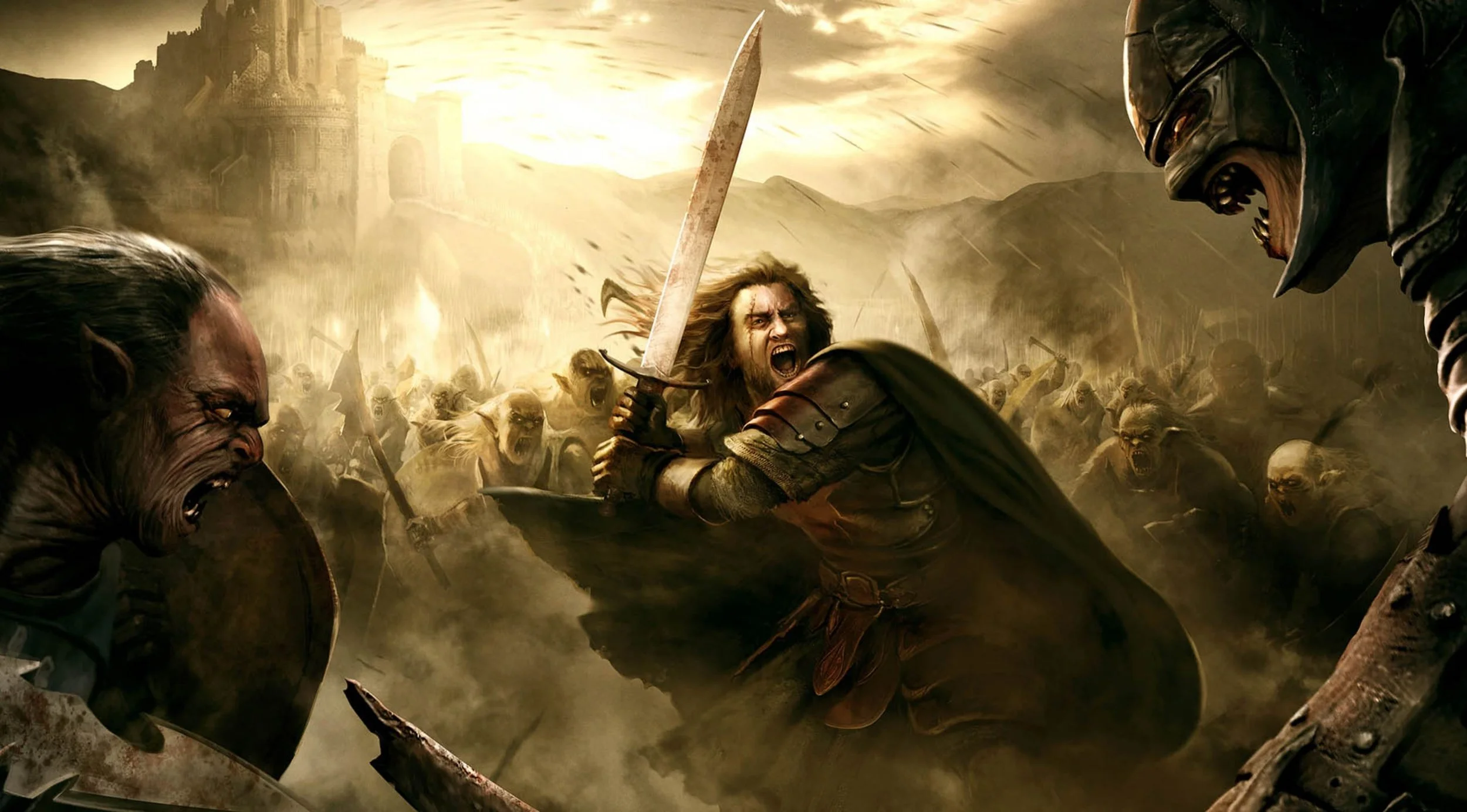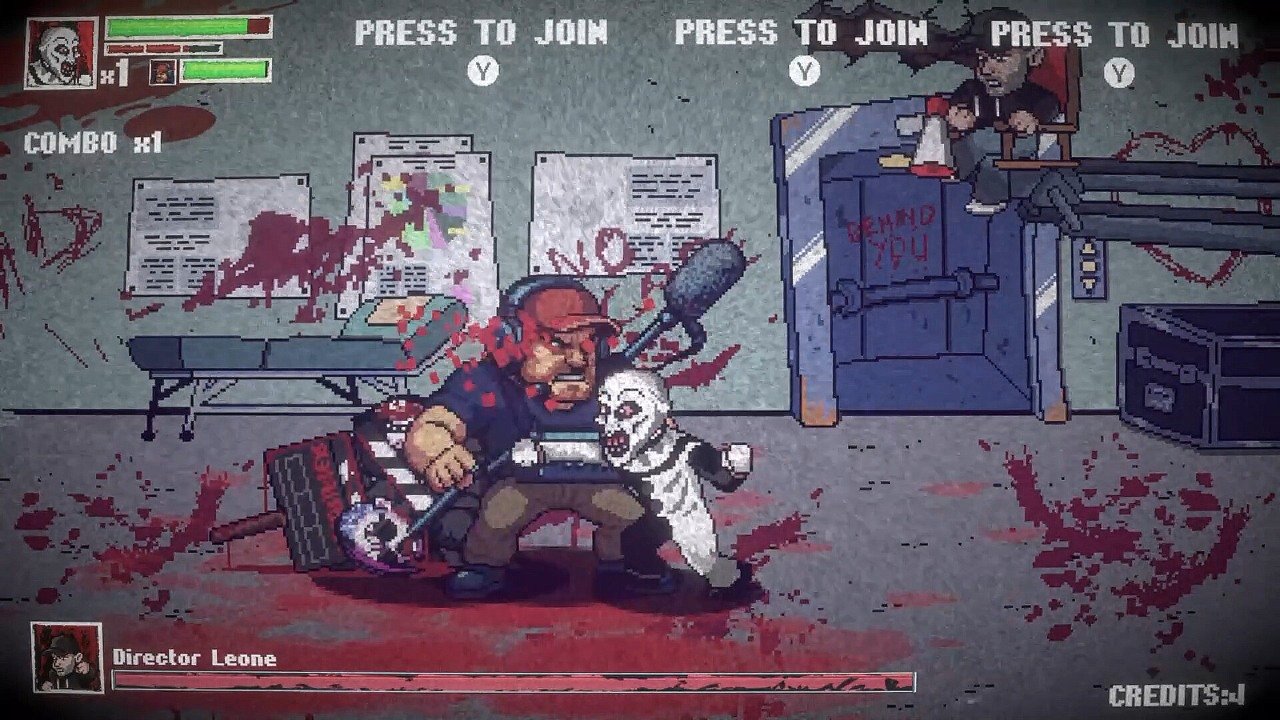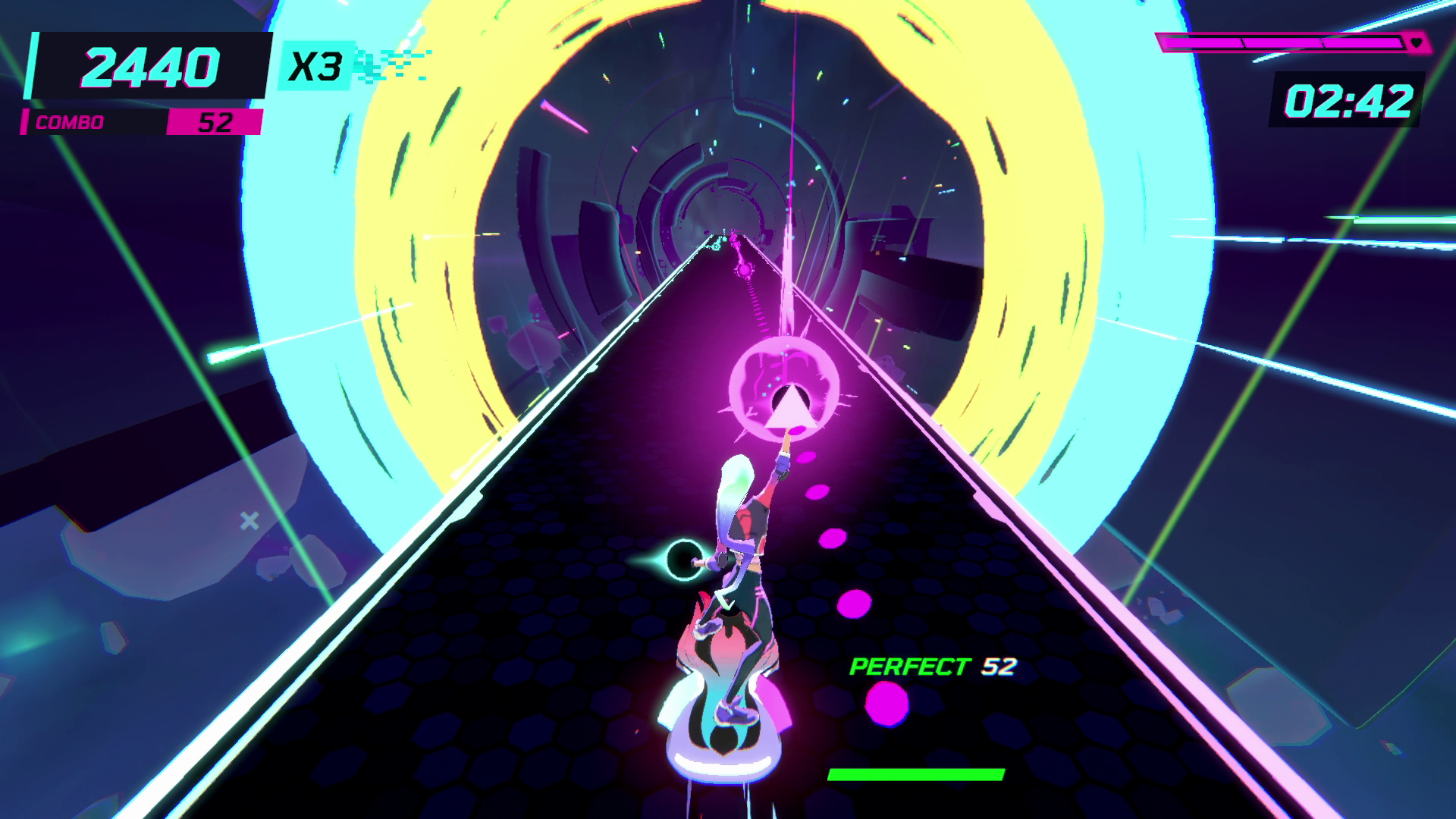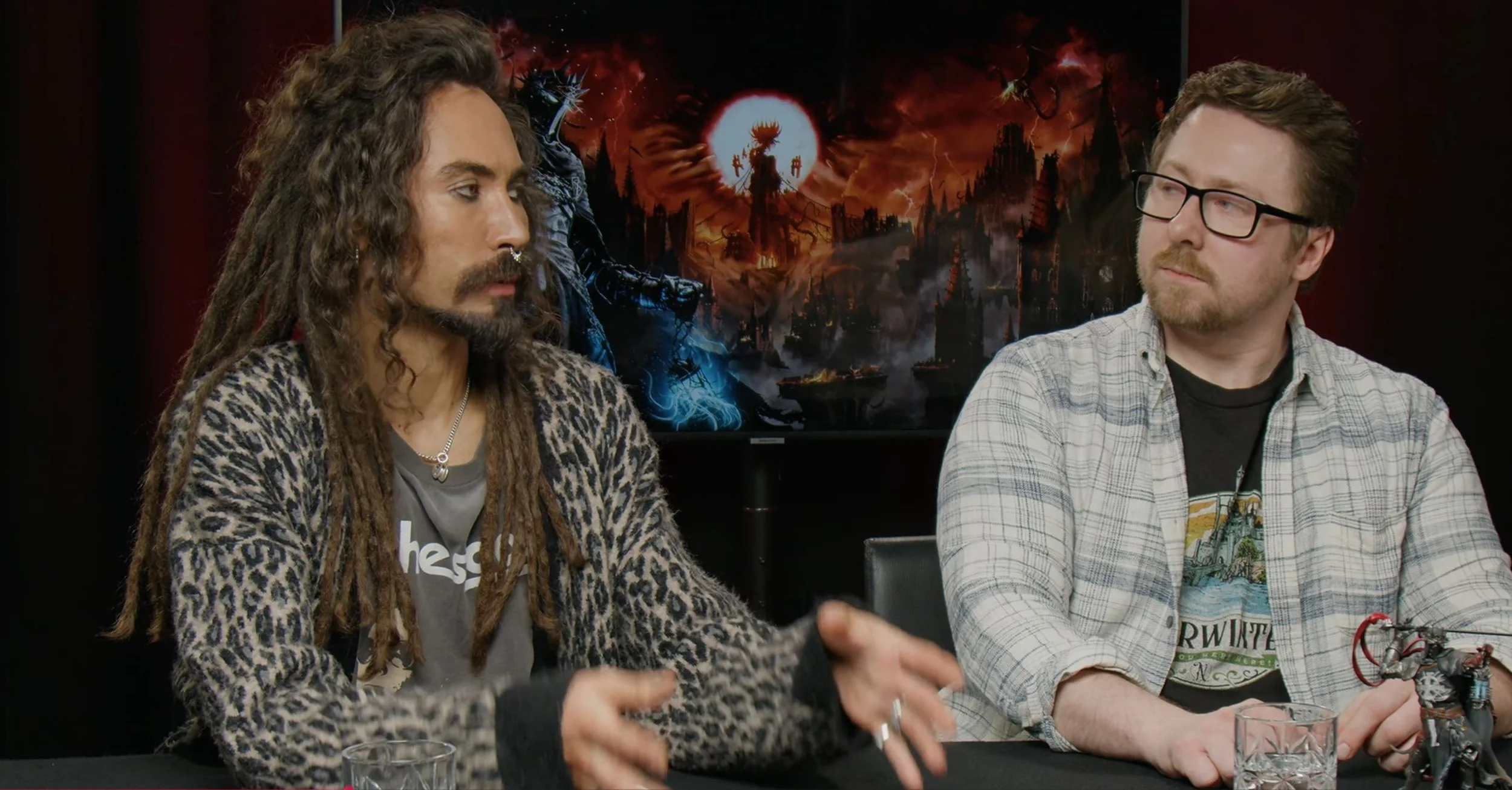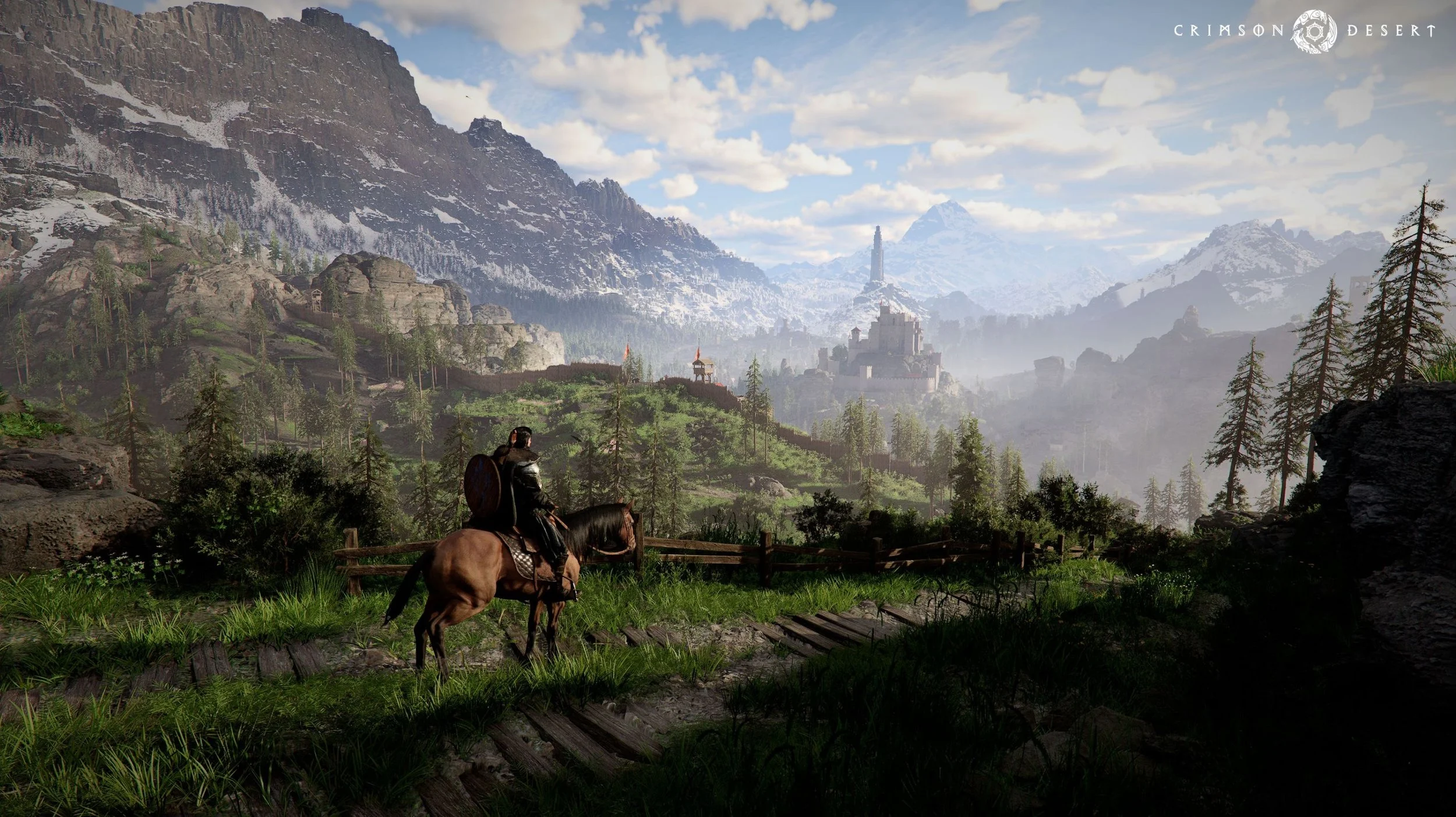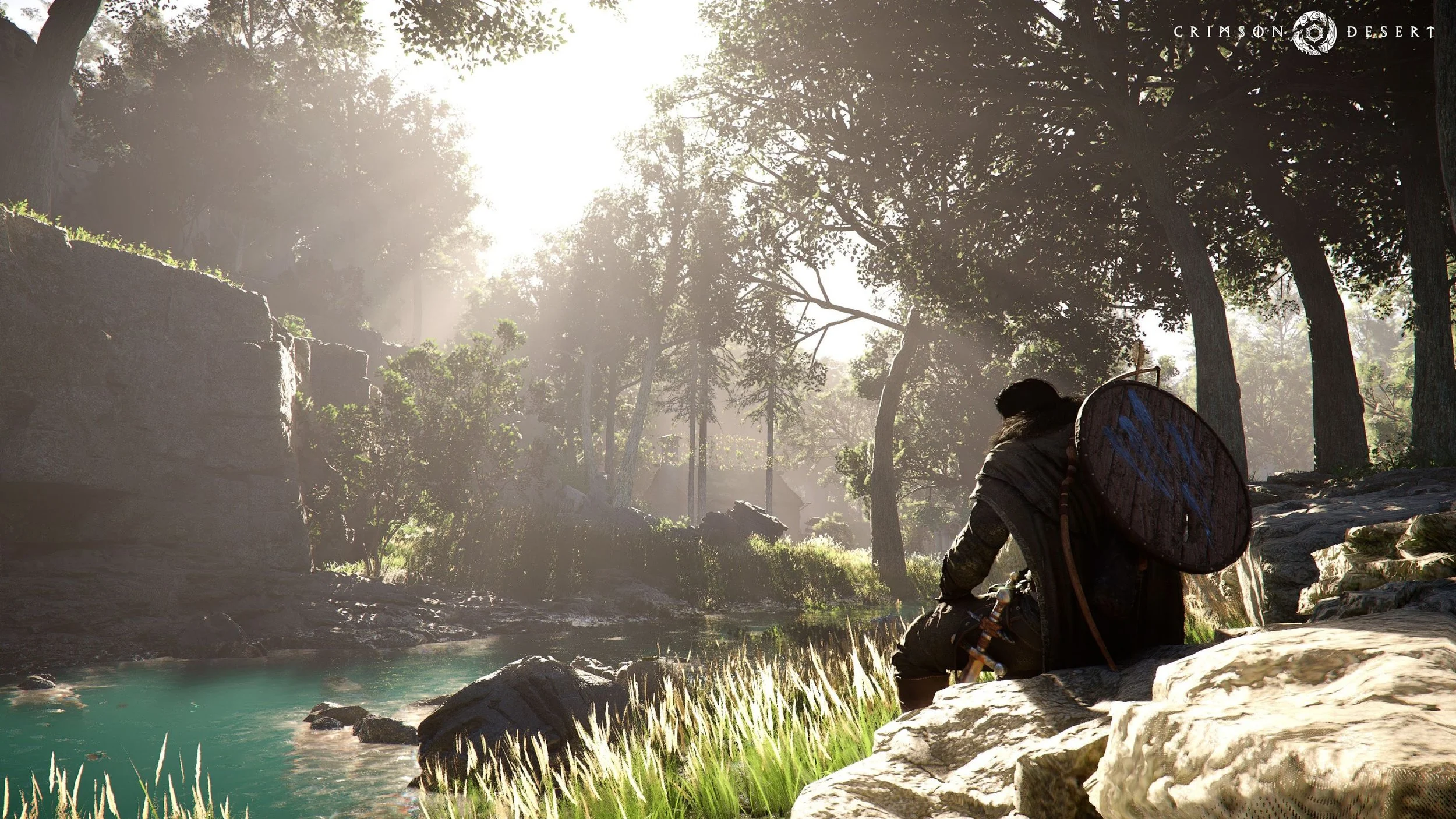StarCraft, Blizzard’s baby, the numero uno, the OG, an originator of eSports. Let's take a look at where it all started, what it was like, and the legacy it leaves behind. StarCraft was the first real big jump into competitive RTS back in 1998. It launched a generation of games, memes, and popular culture. For RNGesus’ sake, if you type ‘zerg rush’ into google you actually get zerg rushed by the site. That is an excellent quantifier of just how important StarCraft was to the cultural zeitgeist of the tech and gaming industries. As of 2017, it has even been re-released in a remastered edition titled StarCraft: Remastered.
For anyone who isn’t familiar with the game or series, StarCraft funnily enough has little to do with crafting, but a TON to do with stars! StarCraft is a sci-fi tactical RTS that takes place in the far future. Terrans have explored the galaxy and encountered other races such as the advanced, robotic, theological Protoss and the mutant, monstrous, Zerg Swarm. The game revolves around these forces fighting each other and sometimes within themselves between opposing factions. Fights play out by building up a base with limited resources that must be harvested to then create a wide variety of unit types to fight your opponent and then destroy their base. At high levels of play StarCraft matches can take up intense concentration and require ridiculous levels of skill.
All of these factors led to StarCraft becoming a remarkably well-known and popular game, and later a series once StarCraft II was released. It was known the world over with some of its memes becoming better known than the game itself, such as ‘You must construct additional pylons!’ The popularity of the game was what led to its inevitability as a staple in the then-burgeoning eSports scene, to the point where now StarCraft 1 and 2 are integral to the modern eSports community. There is no eSports without StarCraft.
A great thing about StarCraft was how accessible it was even over a decade after its release. I remember back in the early 2010s, some people at my high school had managed to install StarCraft on some of the library computers since it was so cheap and easy to run performance-wise. My friends would go to the library at lunch to play the game against each other since it was one of the few games that could get past the firewall. I was curious about what they were playing so after I checked it out and joined them it only took a few days to get the hang of it, at least casually. The upper levels of play would be fully blocked, but as a game, it was incredibly easy to get started and have some fun zerg rushing my friends with overloads instead of zerglings for laughs.
StarCraft sent a generation on its way to early carpal tunnel syndrome, but it also ignited a spark in the consciousness of us competitive tactical gamers. If we could have a game that was easy to get into but had this incredibly high skill cap, what else could we accomplish? What hills can we climb? StarCraft let us know that games didn’t have to be simple or hard, they could be both or neither. StarCraft is what really started gaming on its journey to games of skill and tactical thought rather than just button mashing and timing.


